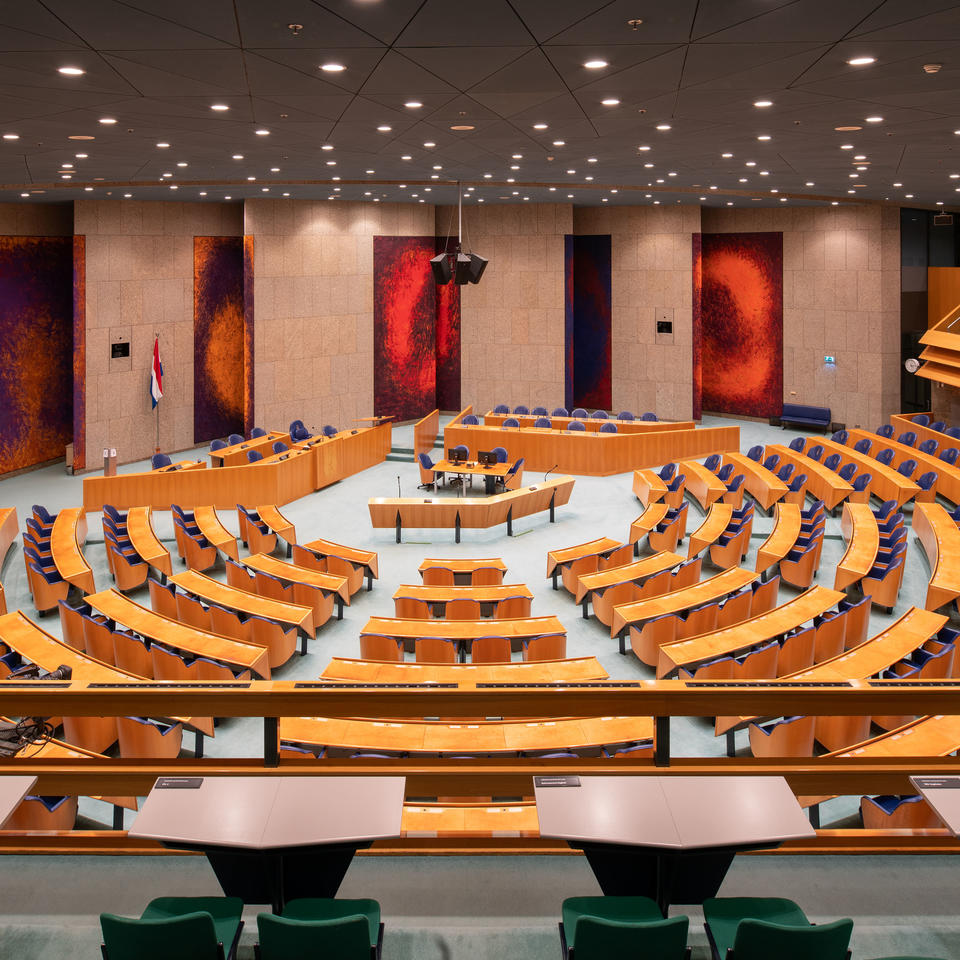"Important, but not decisive," is how Attorney General (AG) Ruth de Bock judges the importance of personal entrepreneurial criteria in assessing the employment relationship. Indeed, the first thing to consider is criteria within the employment relationship, not the person of the worker himself.
Entrepreneurial criteria outside employment relationship not decisive
In September 2024, De Bock issued an important opinion issued to the Supreme Court on the assessment of labor relations. This opinion may play an important role in the case between Uber and FNV. The opinion relates to the application of the so-called personal entrepreneurial criteria when assessing whether an employment relationship should be considered an employment contract. With the opinion that the AG gives is in line with the draft bill Verduidelijking Beoordeling Arbeidsrelaties en Rechtsvermoeden (VBAR), which is currently with the Council of State for advice. De Bock advises that the entrepreneurial criteria outside the employment relationship - such as the number of clients the worker has and actively making acquisitions to acquire orders - should should play only a limited role in qualifying a labor relationship. According to her, the key question should remain whether there is an employment relationship and therefore criteria within the employment relationship, such as a relationship of authority between the worker and the worker. The opinion of De Bock underlines that a formal reliance on self-employment may not be decisive if the actual working conditions point to an employer-employee relationship, after all, labor law is mandatory. Important to note: the AG's opinion is not binding and the Supreme Court therefore does not have to adopt it. In the judgment on Deliveroo the Supreme Court did not follow the advice of the AG either.
Supreme Court still to come up with final ruling
In the case between Uber and trade union FNV, the Amsterdam Court of Appeal postponed its ruling by asking May 2024 preliminary questions to the Supreme Court about the Deliveroo-ruling. In the Deliveroo-judgment of March 24, 2023, the Supreme Court mentioned several criteria and points of view that are relevant for determining whether a working relationship should be considered an employment contract. One of those criteria concerns the entrepreneurship of the person himself, in this case the drivers. The court now asks the Supreme Court to clarify this criterion. A literal interpretationhet Deliveroo-ajudgment it might be possible that in the case of two Uber drivers doing the same job, one has an employment contract and the other does not. The court wants to know from the Supreme Court whether this is indeed meantmeant by het Deliveroo-arrest.

Important ruling for the zzp file
The ruling of the Supreme Court, which may choose to adopt or disregard De Bock's opinion, will be decisive for the future and the role of self-employed persons in the labor market in the Netherlands. The Supreme Court's final answer to the preliminary questions may have major consequences for the position of self-employed persons in the labor market and the question of when an employment contract exists. The Supreme Court's opinion will also undoubtedly weigh in on the political debate on the draft VBAR law.
HeadFirst Group's Public Affairs team closely follows political and social developments. Our experts are ready for you - leave your details and we will contact you.

Questions about this? Please contact us.
Sem Overduin
Public Policy & Affairs Manager
Sem.Overduin@headfirst.nl
Oifik Youssefi
Public Affairs Officer
Oifik.Youssefi@headfirst.nl
Maaike van Driel
Head of Legal
Maaike.vanDriel@headfirst.group
Thomas ten Veldhuijs
Senior Legal Counsel
Thomas.tenVeldhuijs@headfirst.nl
